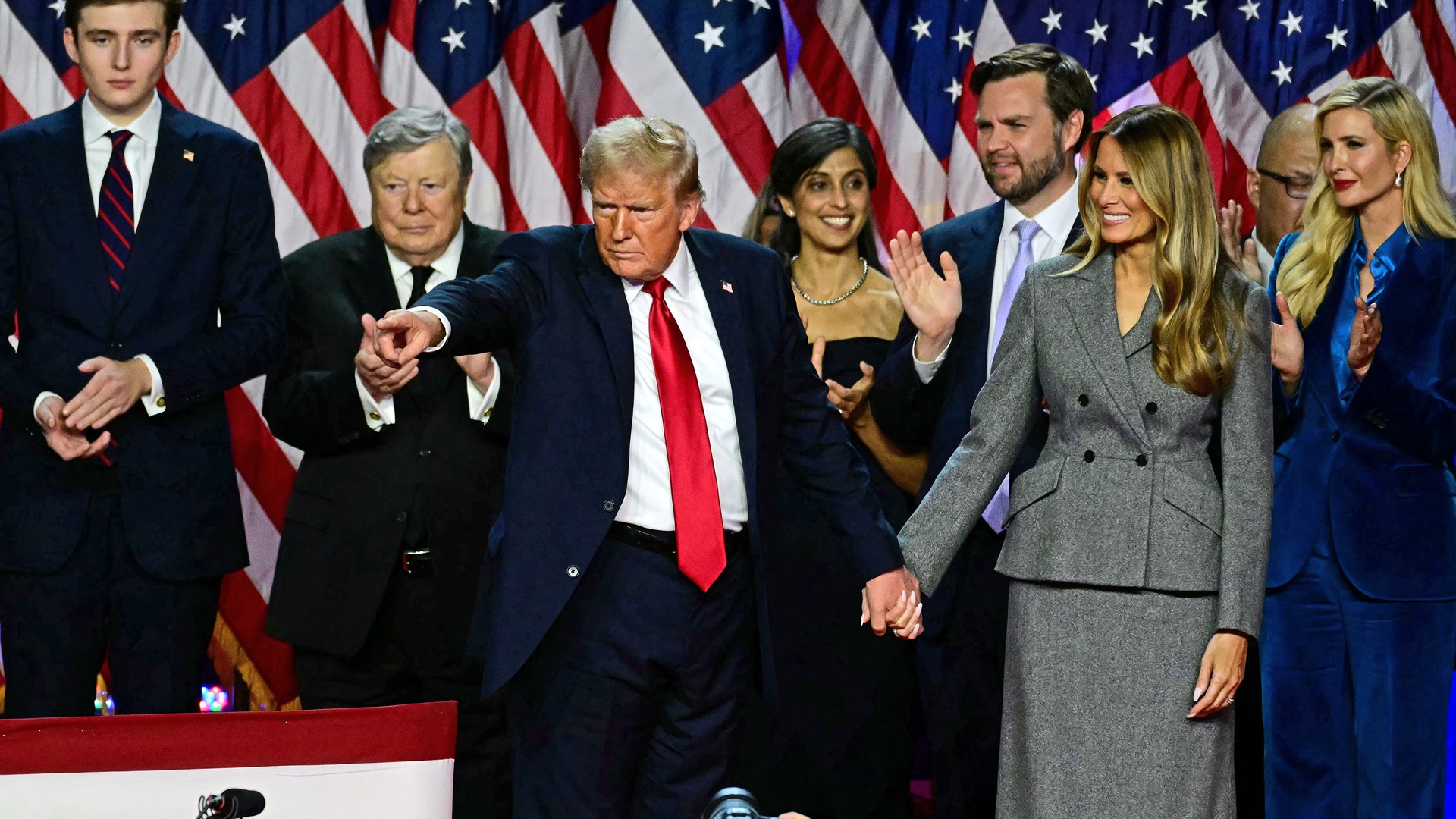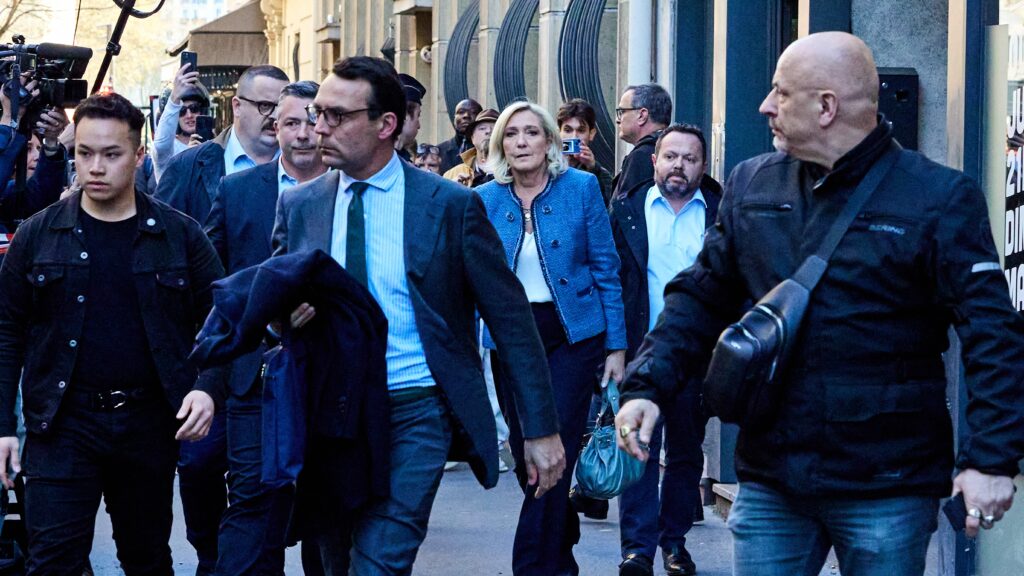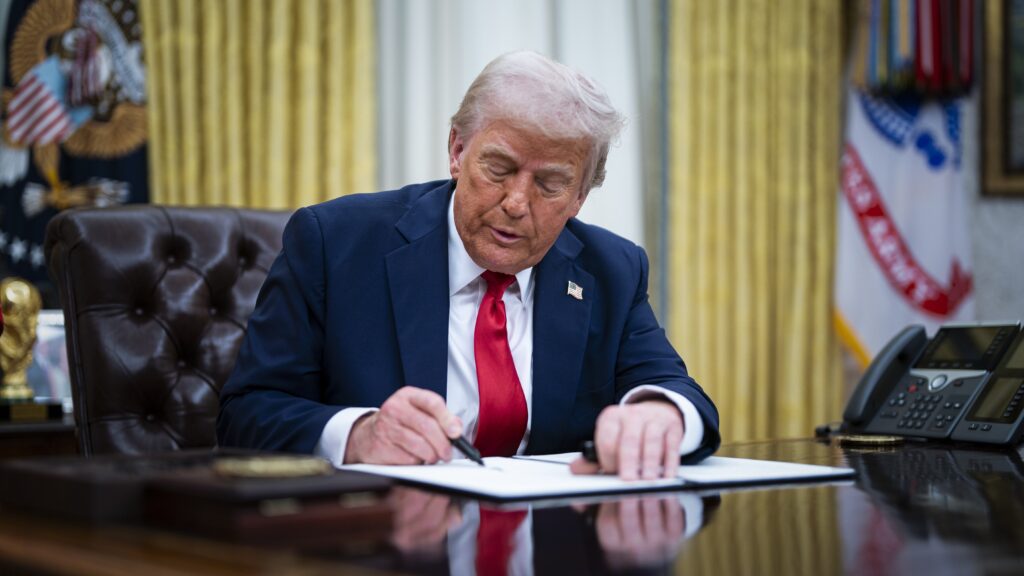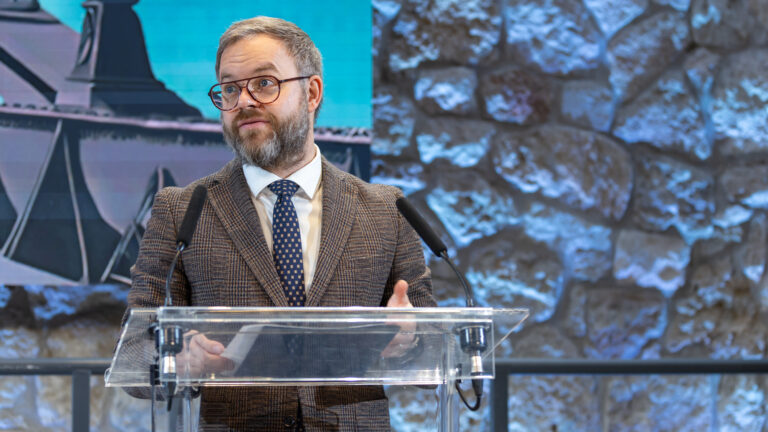Donald Trump secured a landslide victory in the US presidential election, overcoming concerted efforts by the Democratic Party and the Biden administration, supported by the Department of Justice (DOJ) and state and district attorneys, to weaponize the judiciary system against him. These actions seemed intended to obstruct his path to re-election. However, the American people rendered their verdict: not guilty. Currently, Trump still faces criminal charges in four legal cases—at least as of Monday. However, it appears increasingly likely that by the time the President-elect takes the oath of office on 20 January, some, if not all, of these cases will have been resolved, at least temporarily.
DOJ Backs Down
According to Reuters, US prosecutors on Monday moved to dismiss two federal cases against Trump—two additional cases remain in state courts in New York and Georgia. The federal cases involve allegations of attempting to overturn his 2020 election defeat and mishandling classified documents. Prosecutors cited a longstanding DOJ policy against prosecuting a sitting president as the basis for their decision.
The aforementioned DOJ policy, dates back in the 1970s, asserts that criminal prosecution of a sitting president would violate the US Constitution by impairing the executive’s ability to carry out their duties. Both dismissal requests from prosecutors will still require court approval. In a filing related to the election subversion case, prosecutors stated that the department’s policy mandates the case’s dismissal before Trump assumes office.
‘The American people and President Trump seek an immediate end to the political weaponization of our justice system’
After the request from prosecutors, US District Judge Tanya Chutkan dismissed the election subversion case against Trump later on Monday.
Similarly, Special Counsel Jack Smith’s office moved to terminate efforts to revive the case accusing Trump of unlawfully retaining classified documents after leaving office in 2021. However, prosecutors indicated they would still pursue an appeal to reinstate the case against two Trump associates accused of obstructing the investigation into the matter.
Trump spokesperson Steven Cheung described the prosecutors’ decision as ‘a major victory for the rule of law’. In his statement, Cheung added: ‘The American people and President Trump seek an immediate end to the political weaponization of our justice system, and we look forward to uniting our country.’
Hush, Hush
Meanwhile, it appears that Trump’s hush money conviction could be deferred until his four-year term in the White House concludes. In May, Trump became the first former president in US history to be convicted in a criminal court, found guilty on 34 counts of felony of falsifying business records.
Prosecutors from Manhattan District Attorney Alvin Bragg’s office last week requested that New York State Supreme Court Justice Juan Merchan defer all proceedings in Trump’s hush money case until after the president-elect completes his four-year term, as reported by Reuters.
Trump’s legal team has argued for the case’s dismissal, claiming that allowing it to linger during his presidency would create ‘unconstitutional impediments’ to his ability to govern. While Bragg’s office stated it would oppose dismissal, it agreed that Trump should have sufficient time to present his case through written motions.
On Friday Justice Merchan set a 2 December deadline for Trump to file his motion to dismiss and gave prosecutors until 9 December to submit their response. However, the judge did not set a new date for sentencing or specify how long the proceedings would remain paused. Additionally, no timeline was provided for a ruling on Trump’s motion to dismiss.
The president-elect shared a lengthy post on X following the prosecutors' decisions. ‘These cases, like all of the other cases I have been forced to go through, are empty and lawless, and should never have been brought,’ he asserted. Trump further added that the Democratic Party had wasted over $100 million in efforts to oppose him politically. ‘It was a political hijacking, and a low point in the History of our Country that such a thing could have happened, and yet, I persevered, against all odds, and WON,’ he concluded.
Donald J. Trump on X (formerly Twitter): "These cases, like all of the other cases I have been forced to go through, are empty and lawless, and should never have been brought. Over $100 Million Dollars of Taxpayer Dollars has been wasted in the Democrat Party's fight against their Political Opponent, ME. Nothing like... / X"
These cases, like all of the other cases I have been forced to go through, are empty and lawless, and should never have been brought. Over $100 Million Dollars of Taxpayer Dollars has been wasted in the Democrat Party's fight against their Political Opponent, ME. Nothing like...
Positive Signs for Europe
Nevertheless, following his victory in the presidential election, Donald Trump has already secured two significant legal wins, with two more cases yet to be resolved. This development could send a positive signal to one of his longstanding allies, Hungarian Prime Minister Viktor Orbán, who, shortly after Trump’s election, emphasized the importance of resisting against judicial activism.
In a slightly different context, Orbán criticized the decisions of European courts, often dominated by liberal, progressive-leaning judges, for unjustly hindering nation-states from taking effective measures against migration. Hungary is facing this issue first-hand, as the European Court of Justice (ECJ) has ordered it to pay a €200 million fine for its strict border management policies, along with an additional €1 million for each day it delays complying with the court’s ruling. This effectively pressures Hungary to abandon its successful migration policy.
Hungary is facing this issue firsthand, as the European Court of Justice (ECJ) has ordered the country to pay a €200 million fine for its firm and strict border management policies, along with an additional €1 million for each day of delay in complying with the court's 2020 judgment. This effectively pressures Hungary to abandon its successful migration policy.
There is also an ongoing judicial witch hunt targeting European right-wing politicians, many of whom are close allies of Viktor Orbán, similar to the legal campaign Donald Trump has faced. Prosecutors have sought a six-year prison sentence for Matteo Salvini, leader of the Italian League party, due to his refusal to allow illegal immigrants into Italy. Similarly, Marine Le Pen in France and Herbert Kickl, leader of the Austrian Freedom Party (FPÖ), are facing legal proceedings. This is particularly notable, as both head the strongest parties in their respective countries and are among the most prominent challengers to the mainstream progressive establishment.
Trump’s victory has demonstrated that the will of the people is the most effective means of countering judicial activism and the weaponisation of the justice system. The coming months could prove pivotal, offering a renewed sense of confidence for the European right in this regard.
Related articles:








